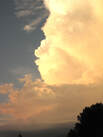
The first suggestion to handle covid-19 stress is to breathe. Slowly breathe in on a count of five, and then slowly breathe out on a count of five. No, this isn’t some hippie-dippie New Age thing. It’s science-based. Slowing our breathing reduces the out-of-control effects of our sympathetic nervous system. This part of the human nervous system creates stress in our bodies in response to a threat, commonly referred to as fight or flight. Breathing slowly allows the other crucial part of the nervous system, the parasympathetic nervous system, to come to the fore, slow down our heart rate and to help us to chill out.

The next suggestion is on reducing stress: limit your news to once a day. Constant input detailing news of the pandemic just leads to more stress. And don’t drink a lot of alcohol. Alcohol sales have gone way up since the pandemic began. But alcohol just numbs us for a while. It does not reduce stress. Same goes for drugs.
The third suggestion to reduce stress is to “reclaim agency” in our lives. How do we do this?
- Keep a schedule. I go out first thing in the morning for a walk around the neighborhood. My schedule allows for both exercise and an experience of the natural world.
- Take care of something: a cat, a dog, a plant or a garden, or a bird feeder. In my case, my son’s dog comes for a visit episodically, I have a small garden to care for (mainly tomatoes), and I feed the birds (which also unintentionally provides a lot of entertainment for my neighbor’s cat).
- Make something: There’s a lot of room here for focusing on a project that interests you. Some people are taking up long-delayed DIY projects such as putting up that bookshelf in the living room, or trying out (or creating) new recipes, or doing something in the arts: I’m all for the arts, and music is an especially good thing to be doing now. Take up an instrument, write a song, or even better, sing along with others. Some friends and family are having Zoom or Google Meet sessions and singing together. There’s a reason why Italians went out on their balconies or into the streets, played their instruments, and sang to each other at the height of their pandemic quarantine. https://www.youtube.com/watch?v=EBByYjjvNzs As the Italian poet Alda Merini said, “La musica fa respirare.” Music lets you breathe.
- Connect with others and help others: There’s always a way to connect with others. Zoom or Google Meet encounters are just one way. We have email, phone calls, and texting. There’s plenty of ways to help out, too, even when stuck at home. Do you like to sew? You can make masks. If you’ve survived covid-19, a gift of your blood plasma to treat others is extremely helpful.
- Shift focus away from yourself. This will make for positive change later. What have we learned in this pandemic about what is NOT working in American society. What do we need to work on? How about access to nutritious food for all, especially kids? Access to affordable health care? Dealing once and for all with racism?
- Shift focus away from yourself. Reading is a great way to shift focus away from yourself. Sci-fi, mystery, suspense, romance – read whatever takes you into a new world.
- Shifting focus away from yourself also means moving energy away from the monkey mind that fills our thoughts with worry and fear. Let go of yesterday. Let go of tomorrow. Live in this moment. Breathe.
Explained: CoronaVirus trailer
https://www.netflix.com/title/81273378
27, 23, and 20 minutes long
My malas, mandalas, and Spirit Joss, and other artworks can be found on my Etsy site: BajaArizona Treasures. I add new things frequently. https://www.etsy.com/shop/BajaArizonaTreasures
Feel free to comment. What are you doing to cope creatively with the current state of affairs?
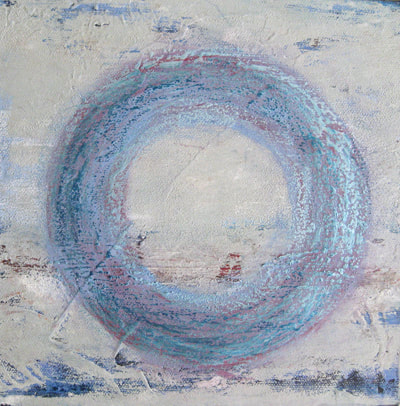
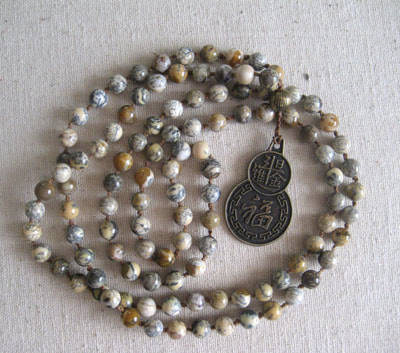
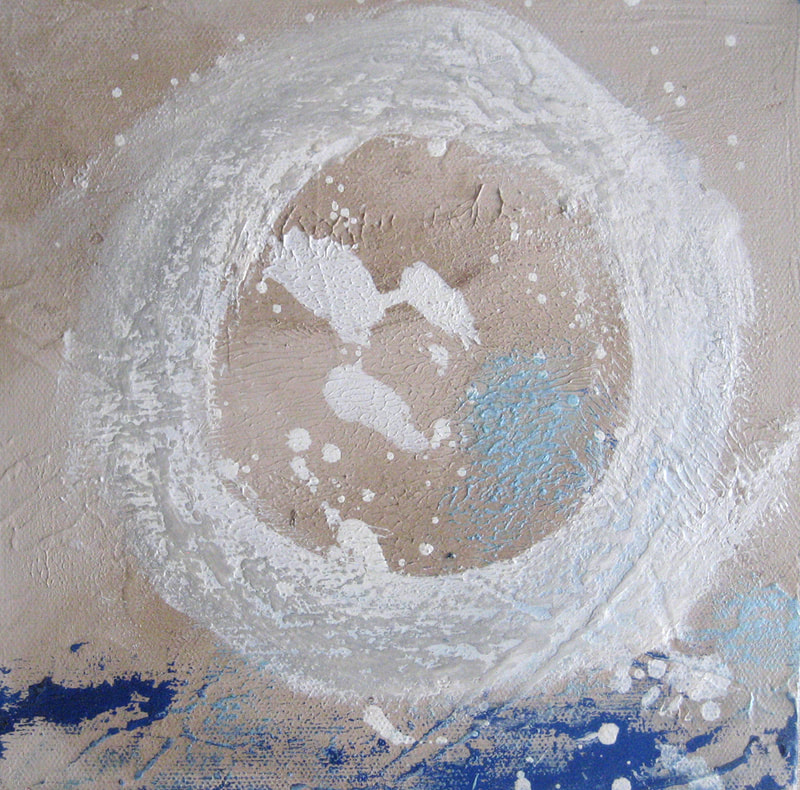

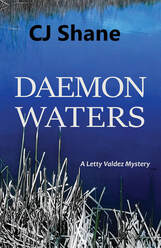
 RSS Feed
RSS Feed